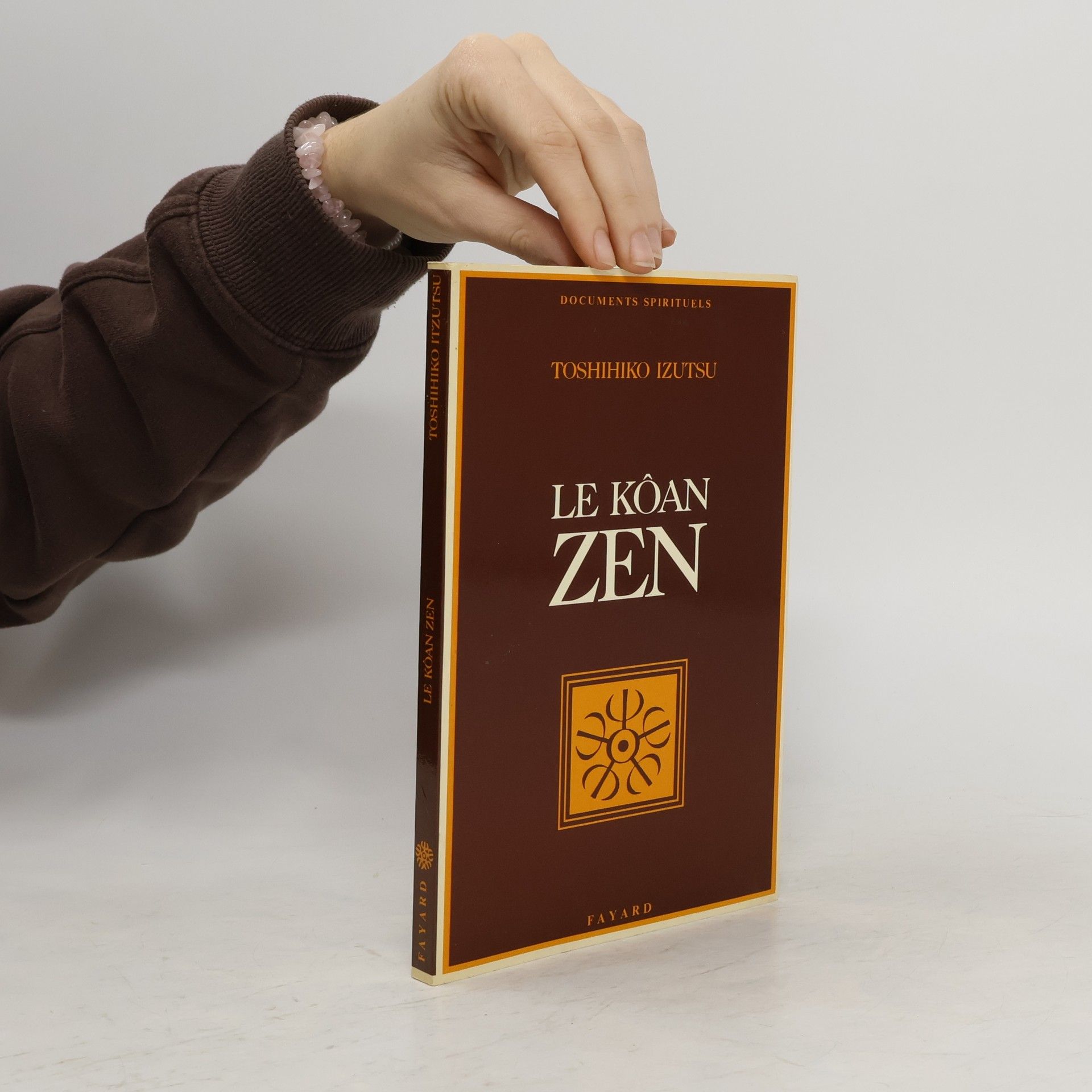Der Zen-Buddhismus, begründet im 6. Jahrhundert in China, ist eine religiöse Meditationslehre, die sich gegen jegliches rationalistisches Denken wendet ..
Toshihiko Izutsu Books
May 4, 1914 – January 7, 1993
Toshihiko Izutsu was a university professor and author of many books on Islam and other religions. His work delves deeply into theological and philosophical questions across diverse spiritual traditions. Izutsu explored and compared religious thought, emphasizing its cultural and linguistic dimensions. His academic affiliations in Tokyo, Tehran, and Montreal highlight the broad international scope of his scholarship.



Le kôan zen
- 164 pages
- 6 hours of reading
Die Theorie des Schönen in Japan
- 218 pages
- 8 hours of reading